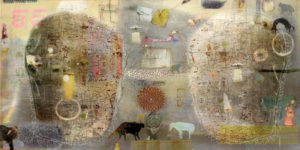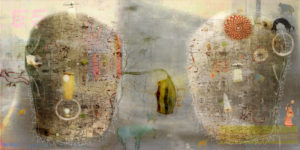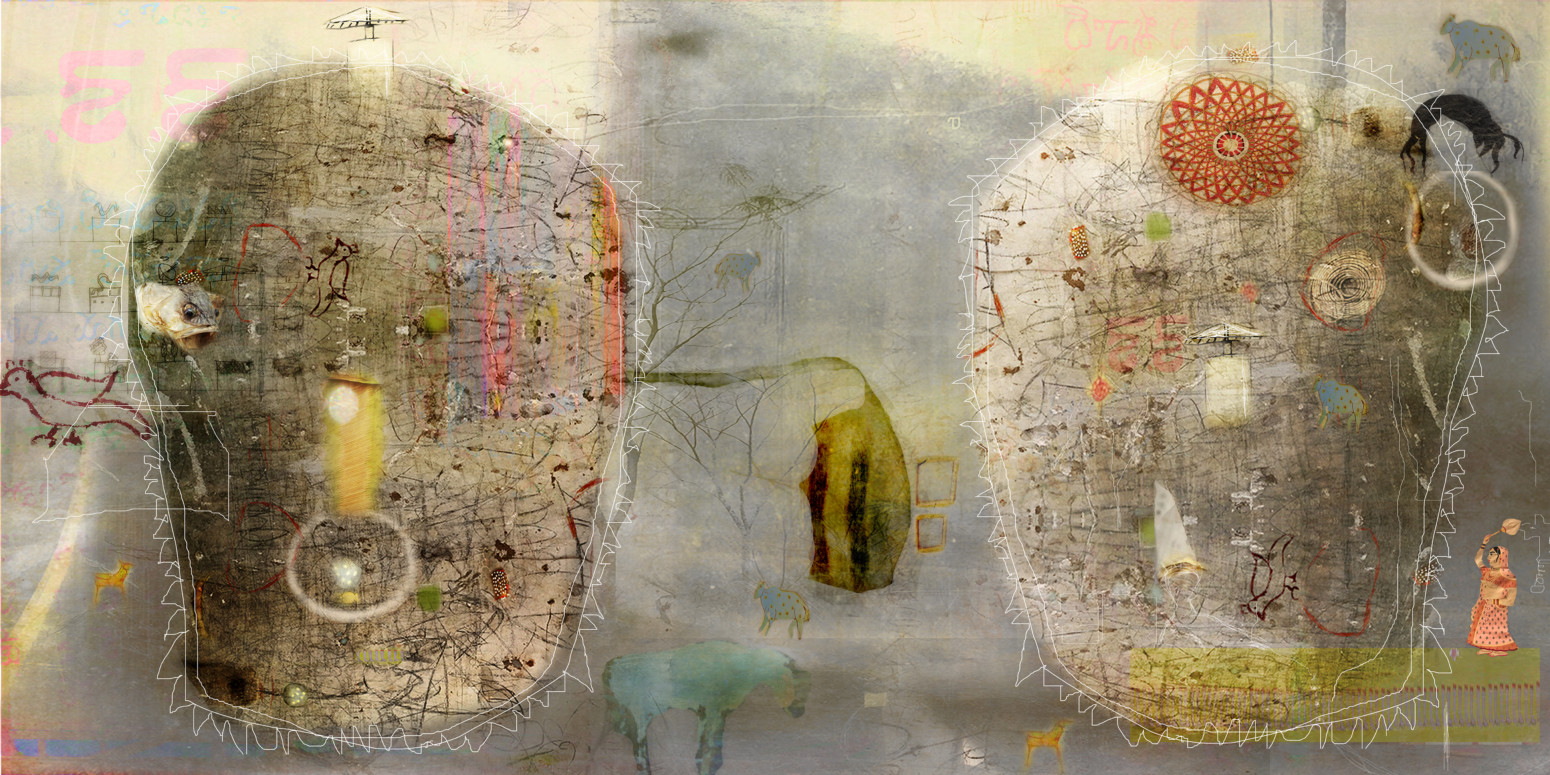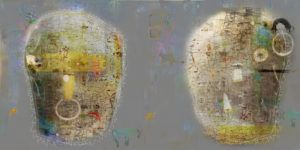Sherwood Anderson advised his aspiring-artist son: “The object of art is not to make salable pictures. It is to save yourself.”

“We all have the same inner life,” the great painter Agnes Martin observed. “The difference lies in the recognition. The artist has to recognize what it is.”
Decades later, Cheryl Strayed considered the raw material of that recognition in an altogether magnificent conversation: “When you’re speaking in the truest, most intimate voice about your life, you are speaking with the universal voice.”And yet we spend our lives mistrusting that innermost voice and instead deferring our truths to the voice of the outside world, turning to others, in ways subtle and staggering, to tell us who we are and what is real.

Addressing those who aspire to be poets — no doubt in that broadest Baldwinian sense of wakeful artists in any medium and courageous seers of human truth — Cummings echoes the poet Laura Riding’s exquisite letters to an eight-year-old girl about being oneself and writes:
A poet is somebody who feels, and who expresses his feelings through words.
This may sound easy. It isn’t.
A lot of people think or believe or know they feel — but that’s thinking or believing or knowing; not feeling. And poetry is feeling — not knowing or believing or thinking.
Almost anybody can learn to think or believe or know, but not a single human being can be taught to feel. Why? Because whenever you think or you believe or you know, you’re a lot of other people: but the moment you feel, you’re nobody-but-yourself.
To be nobody-but-yourself — in a world which is doing its best, night and day, to make you everybody else — means to fight the hardest battle which any human being can fight; and never stop fighting.
https://www.brainpickings.org

